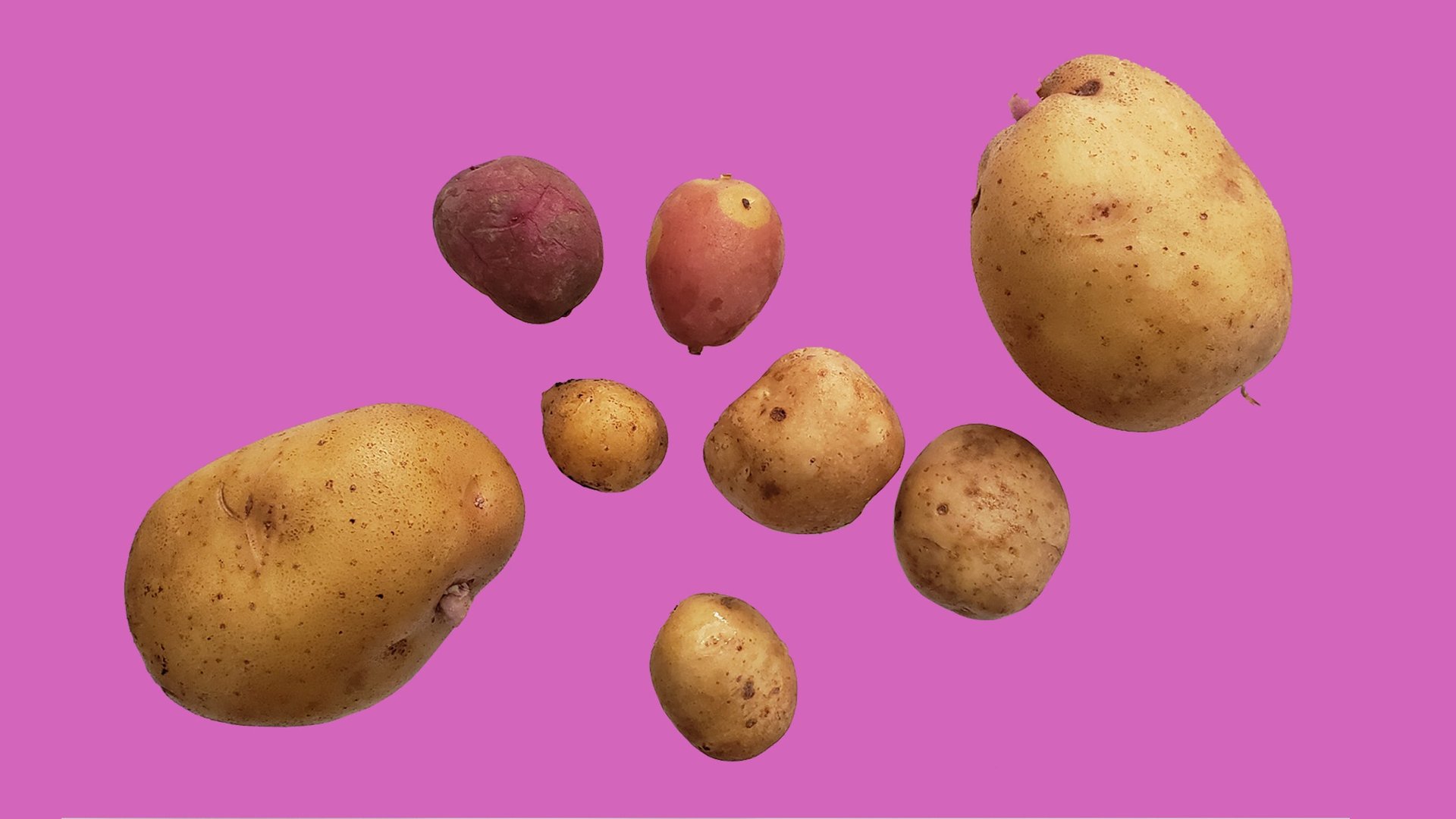What happened on the potato supply chain that caused a fry shortage in Japan and a ban on Canadian spuds
In the latest agriculture supply chain snafu, a shortage of North American potatoes in Japan is causing the rationing of fast-food fries. There are also disruptions in Kenya and South Africa where potato chip making has been stymied. While there is still copious trade in potatoes going on around the world, backups at ports, unseasonable weather, and an unexpected fungus, have made certain potato varieties hard to come by for the businesses that rely on them.


In the latest agriculture supply chain snafu, a shortage of North American potatoes in Japan is causing the rationing of fast-food fries. There are also disruptions in Kenya and South Africa where potato chip making has been stymied. While there is still copious trade in potatoes going on around the world, backups at ports, unseasonable weather, and an unexpected fungus, have made certain potato varieties hard to come by for the businesses that rely on them.
Potatoes are grown around the world, with top exporters in the Netherlands, France, Germany, China, Canada, and the US. According to the National Potato Council in the US, over 900,000 acres of potatoes planted in 2020 produced 46 billion pounds of raw potatoes worth around $4 billion. Despite shipping problems during covid-19, total US exports of potato and potato products in 2021 were $1.8 billion—about the same as they were in 2019 before the pandemic.
Potato trade tensions between the US and Canada
Canada suspended exports of potatoes from Prince Edward Island in November 2021 after a potato wart fungus was detected in two fields. After a national survey of fields, no more wart was found. Officials from both countries are in the midsts of talks on how to safely open the border to the potatoes again.
The last time the fungus was found in Canada the US imposed restrictions on the PEI spuds along with additional processing and documenting requirements. At the time some Canadian officials accused the US of exploiting the small outbreak to give a leg up to American potato growers.
Canada is the top importer of potatoes from the US followed by Mexico. Japan and Taiwan are the largest importers of US potatoes in Asia.
Japan’s supply chain potato shortage
Nearly all the potatoes Japan imports come from the US. Japan imported $22.9 million worth of fresh and chilled US potatoes from October 2020 to October 2021. McDonald’s restaurants in Japan stopped offering regular and large orders of fries since Dec. 24. The rationing started, because flooding at the port of Vancouver slowed shipments of potatoes to Japan. The company said this week that it is taking even longer than expected to get the potatoes to Japan. Though, it’s not the first time North American port issues have affected McDonald’s Japan. A 2014 labor dispute at US ports also forced the company to limit fry orders.
South Africa and Kenya’s potato shortage
In South Africa, bad weather has caused lower yields and supply to run short for certain types of potatoes. PepsiCo’s chipmaker Lay’s has had difficulty keeping all of its varieties of potato chips stocked. In Kenya, fried-chicken restaurant KFC has said it would try to source its potatoes from local growers after it first announced that disruptions to their overseas supply chain had resulted in a shortage.
Supply chains could have a chance to recover in 2022, but progress will be slow.